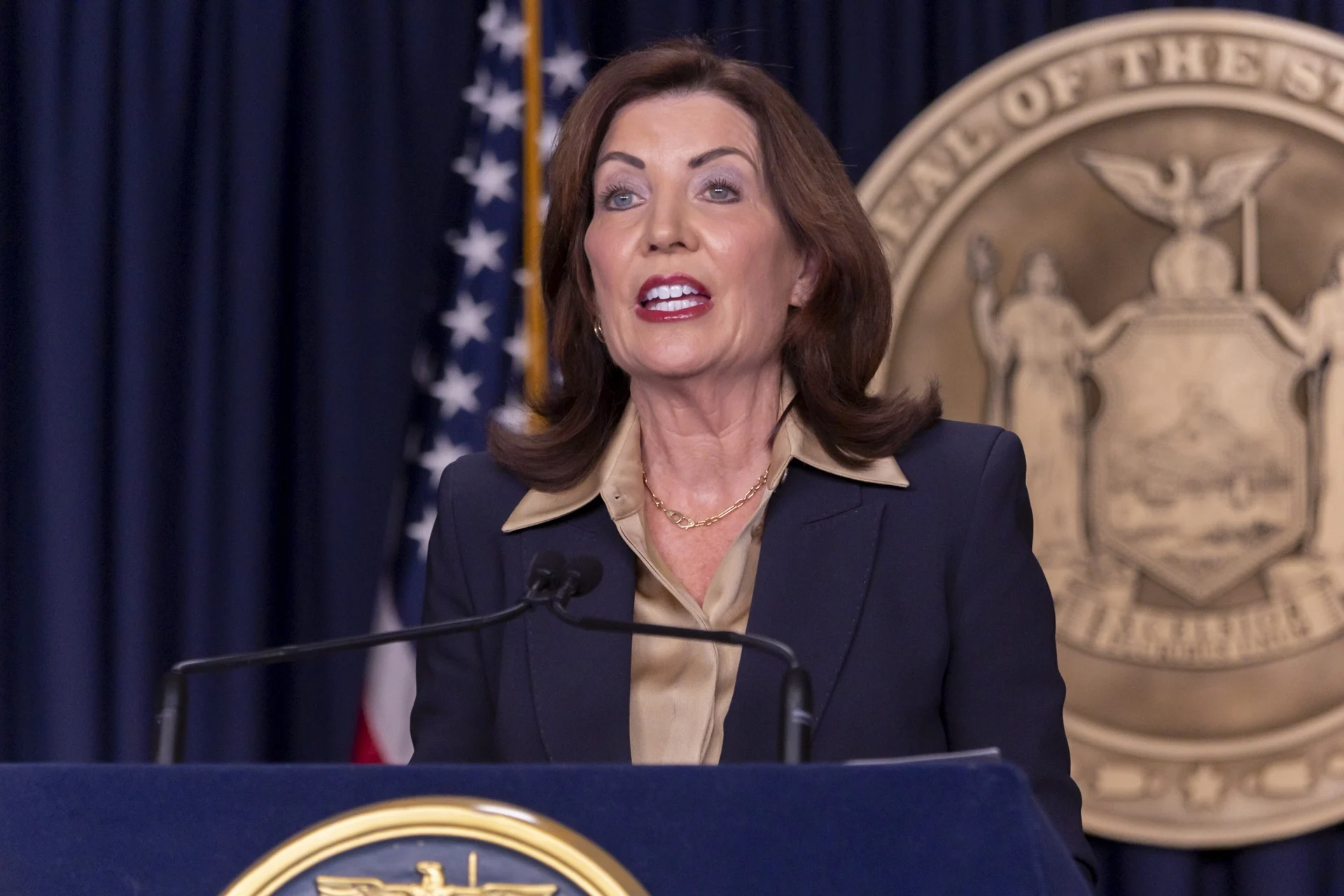International
Chile to begin writing its new constitution on July 4

AFP
Chile will inaugurate the convention tasked with writing its new constitution on July 4, President Sebastian Pinera announced Sunday, as the South American country moves towards replacing its current conservative, dictatorship-era charter.
Over the course of nine months, the 155-member drafting body will have to balance a popular clamor for profound social change with the need to maintain a robust economy as it rewrites the old constitution, which dates from the rule of Augusto Pinochet.
Their term could be extended for three more months, and the body will need a two-thirds majority to approve the draft that will be put to a national referendum next year, in which voting will be mandatory.
“Today we are calling for the first installation session of the Constitutional Convention, which will take place on Sunday, July 4, 2021 at 10:00 in the morning at the National Congress building in the city of Santiago,” Pinera said in an announcement from the La Moneda presidential palace.
Chile’s existing constitution dates from 1980, enacted at the height of Pinochet’s 1973-1990 rule, and limits the role of the state while bolstering private enterprise.
It is blamed by many for the deep-rooted gulf between rich and poor, but hailed by others, mainly on the right, for the country’s many decades of economic growth.
A new constitution was a key demand of 2019 protests that left several dozen dead.
In choosing the body to write the new charter, voters in May turned their backs on traditional political parties and flocked to independent candidates with no party affiliation but overwhelmingly leftist or socialist ideas.
Many of the independent candidates — an assortment of teachers, writers, journalists, lawyers and activists — were involved in or inspired by the 2019 uprisings and campaigned with promises of social change.
“This represents not only a great opportunity, but above all, an enormous responsibility to Chile and the Chileans of today and those to come,” said Pinera, describing the convention as a “historic milestone.”
International
New York Announces First 2,000 Seats in Universal 2-K Program

The Governor of New York, Kathy Hochul, and New York City Mayor Zohran Mamdani took another step today in their universal early education agenda by announcing the communities that will have access to the first 2,000 seats in the new 2-K program this fall — an initiative backed by a $73 million investment.
The funding is part of the $1.2 billion package previously unveiled by Hochul to strengthen child care and early childhood education across the city, one of the key campaign promises of the now Social Democratic mayor.
At the time of the announcement, the governor also outlined additional funds to reinforce the existing 3-K early education infrastructure, a program launched under former Mayor Bill de Blasio (2014–2021).
When the 2-K initiative was introduced in January, Mayor Mamdani explained that its first phase would offer 2,000 seats, with the goal of eventually expanding into a universal program — a commitment supported by the governor.
State investment in child care and preschool services is expected to increase to $4.5 billion by fiscal year 2027.
Among the first communities set to benefit from the 2,000 seats are Upper Manhattan and Inwood — areas with large Dominican populations — as well as Fordham and Kingsbridge in the Bronx, a borough with a Latino majority.
In East Brooklyn, Canarsie, Brownsville, and Ocean Hill will also be included. Meanwhile, Ozone Park and the Rockaways are among the neighborhoods that will see the rollout of the 2-K program.
International
Warner Bros. Developing First ‘Game of Thrones’ Movie With ‘Andor’ Writer

Warner Bros. is developing the first feature film based on the hit saga Game of Thrones, with Beau Willimon — screenwriter of Andor — attached to direct, according to a report published Tuesday by Page Six.
The project, currently in early development, will focus on the conquest of King Aegon I Targaryen. A separate television adaptation centered on the same historical storyline within the franchise is also in early stages at HBO.
However, the outlet noted that it remains unclear whether the film will move forward following the recent acquisition of Warner Bros. Discovery by Paramount Skydance.
If the merger is finalized, the movie could potentially be shelved, although that scenario appears unlikely given that the Game of Thrones franchise remains one of HBO’s most valuable and beloved properties.
After six seasons adapting the work of George R. R. Martin, the platform expanded the universe with House of the Dragon, a prequel series set 200 years before the events of Game of Thrones that explores the history of House Targaryen.
International
Spain’s Prime Minister to Address Nation Amid Trump’s Trade Threats

The Prime Minister of Spain, Pedro Sánchez, will deliver an institutional address this Wednesday at the Moncloa Palace regarding the escalating situation in the Middle East and recent threats directed at Spain by U.S. President Donald Trump.
The Spanish government announced that Sánchez will make a statement at 9:00 a.m. local time to outline his position on the latest developments following the U.S. and Israeli attacks on Iran.
Sánchez is expected to reiterate Spain’s reasons for opposing the use of U.S. military bases on Spanish soil in the operation—an action he has already described as being outside international law—while also expressing criticism of the Iranian regime.
Government sources indicated that the address had been planned prior to Trump’s remarks criticizing Spain’s stance. However, following those comments, Sánchez is now also expected to respond directly to the U.S. president’s statements.
Trump has threatened to “cut all trade with Spain” and said he wants “nothing to do” with the country after Madrid refused to authorize the use of the Morón and Rota military bases in southern Spain for operations against Tehran.
The U.S. president also labeled Spain “a terrible NATO partner” and warned that “no one” would tell him he could not use the facilities.
In response, the Spanish government stated that Spain fulfills its commitments to NATO and European defense. It also warned Trump that any review of bilateral trade relations must respect international law and the agreements in place between the European Union and the United States.
-

 International3 days ago
International3 days agoIran Reports 201 Dead, 747 Injured After U.S. and Israeli Strikes
-

 International3 days ago
International3 days agoPope Leo XIV Urges End to ‘Spiral of Violence’ in Middle East
-

 International2 days ago
International2 days agoBrazil’s Supreme Court Rejects Bolsonaro’s Bid for House Arrest
-

 International4 days ago
International4 days agoSecurity Council to Hold Emergency Meeting on Middle East Crisis
-

 International5 days ago
International5 days agoTrump Floats “Friendly Takeover” of Cuba Amid Rising Tensions
-

 Sin categoría4 days ago
Sin categoría4 days agoTrump: ‘We Think It’s True’ Amid Claims Iran’s Supreme Leader Was Killed
-

 International2 days ago
International2 days agoAnti-ICE Billboard Campaign Targets Immigration Spending in 31 U.S. Cities
-

 International5 days ago
International5 days agoArgentina’s Senate Reviews Milei-Backed Labor Overhaul
-

 International2 days ago
International2 days agoTrump Warns of ‘Major Wave’ of Attacks as Iran Conflict Escalates
-

 International2 days ago
International2 days agoMexico Calls for Immediate Probe After National Dies in ICE Custody
-

 International22 hours ago
International22 hours agoSpain’s Prime Minister to Address Nation Amid Trump’s Trade Threats
-

 International2 days ago
International2 days agoBolivia Orders Three Investigations Into Deadly Military Plane Crash
-

 International22 hours ago
International22 hours agoNew York Announces First 2,000 Seats in Universal 2-K Program
-

 Central America2 days ago
Central America2 days agoPanama Canal Monitoring Trade as Middle East Conflict Disrupts Shipping
-

 Central America22 hours ago
Central America22 hours agoGuatemala’s Attorney General Fails in Bid for Top Court Seat Amid Corruption Allegations
-

 International22 hours ago
International22 hours agoWarner Bros. Developing First ‘Game of Thrones’ Movie With ‘Andor’ Writer




























